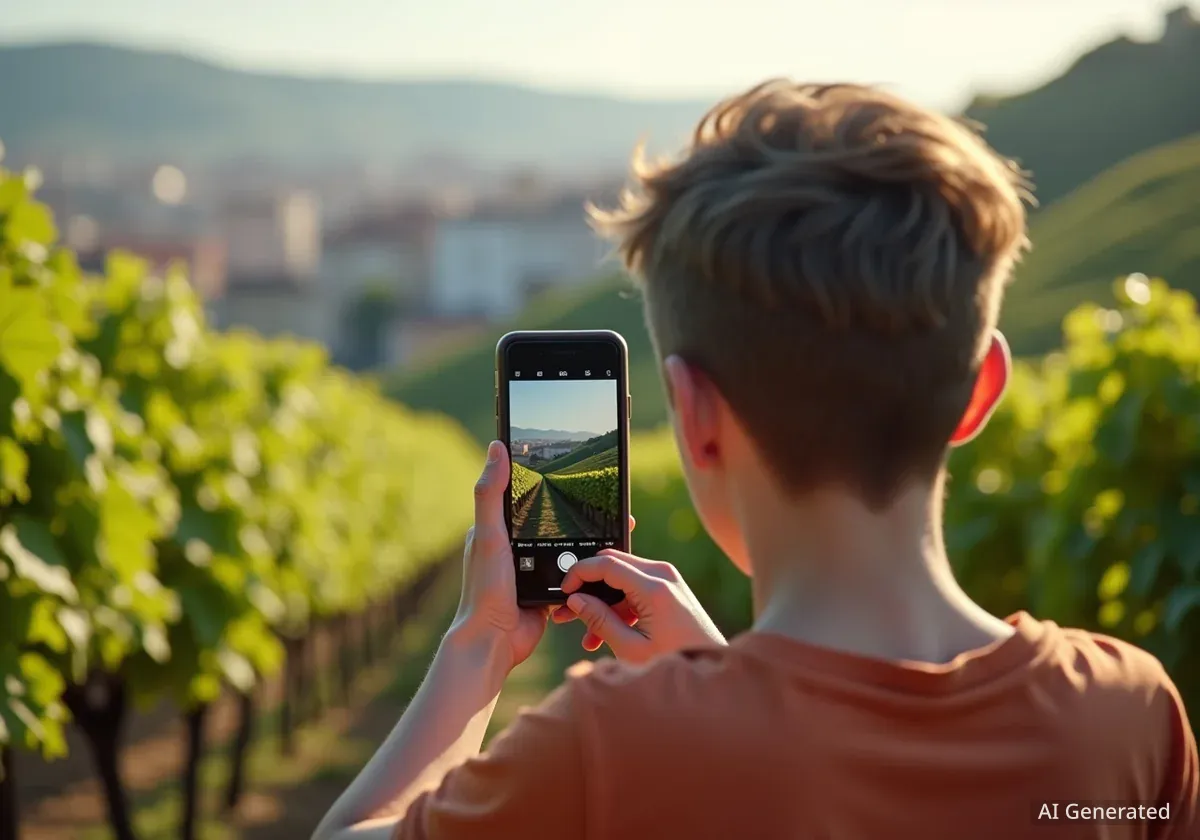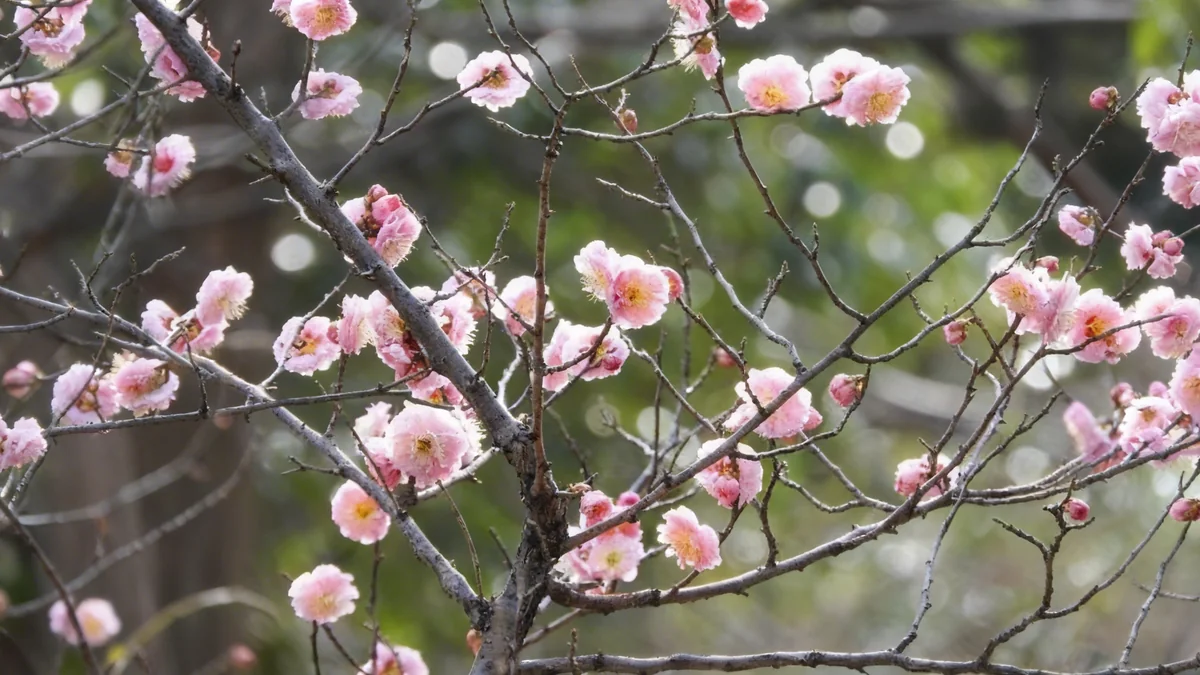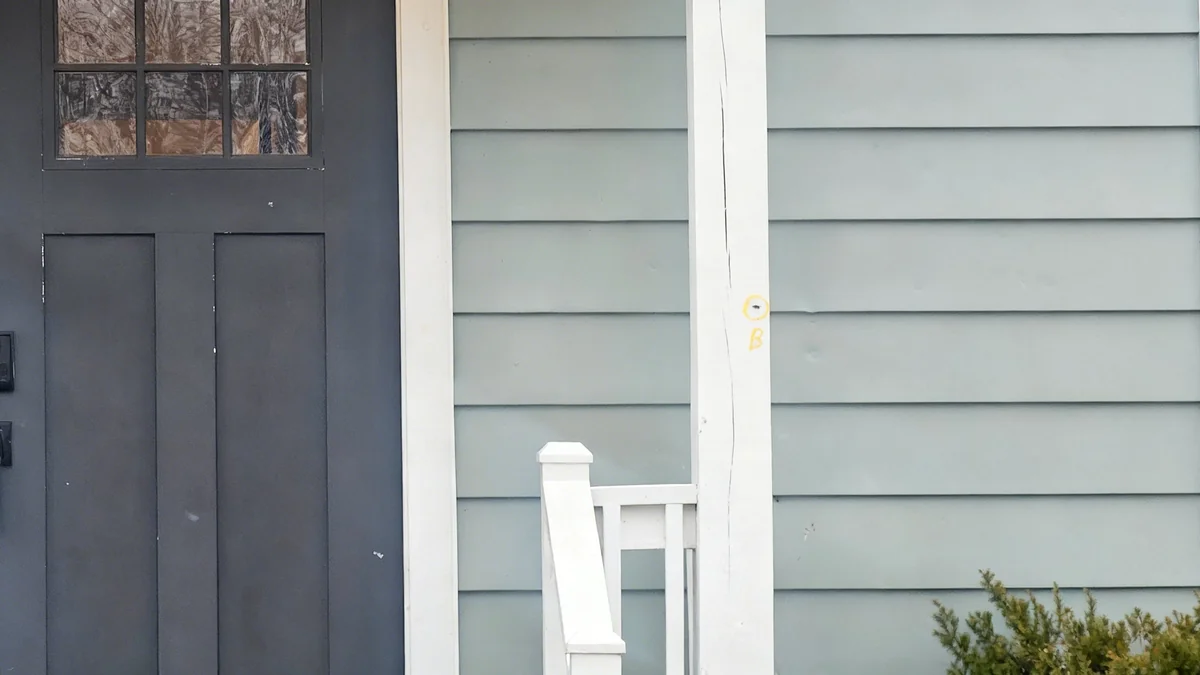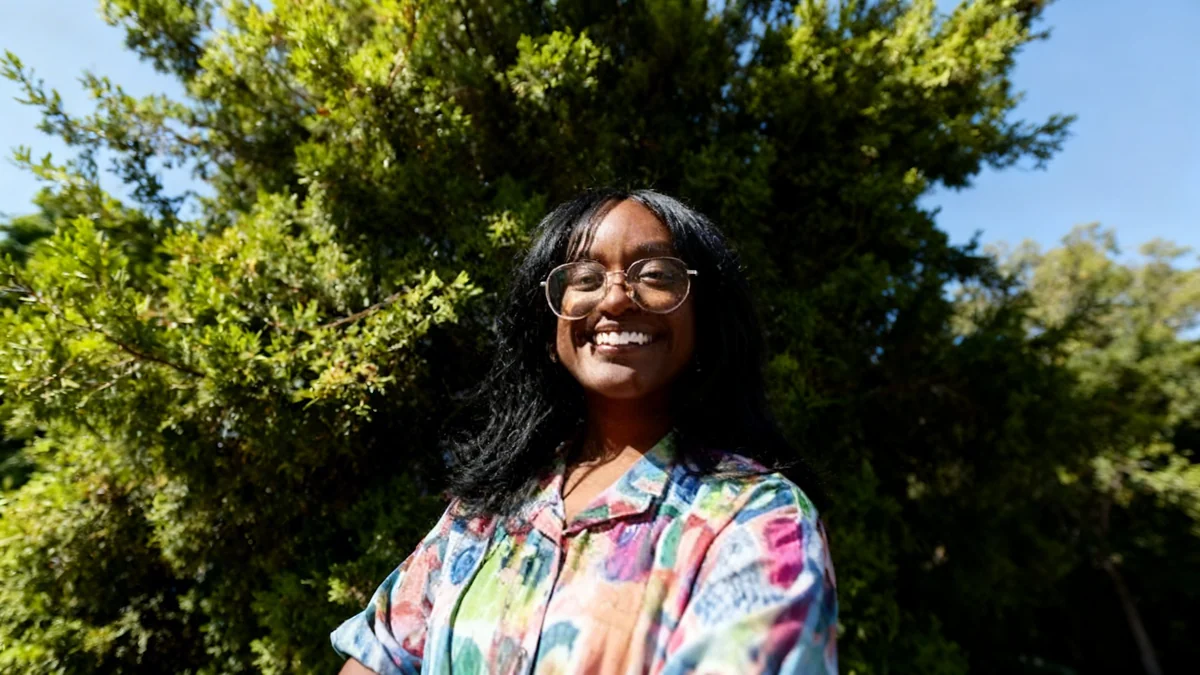Vienna, a city renowned for its imperial palaces and classical music, also offers a unique range of activities that can appeal to teenage travelers. A family trip exploring the city's wineries, coffee houses, and historic sites provides a template for engaging adolescents with European culture, balancing traditional tourism with modern experiences.
Key Takeaways
- Vienna is the only major city in the world with a significant wine region within its limits, offering unique educational and tasting experiences.
- The city's UNESCO-recognized coffeehouse culture includes both historic venues and modern concepts like Vollpension, a café run by seniors.
- Accommodation options such as the newly renovated Imperial Riding School Hotel provide a central base for exploring key attractions like the Belvedere Palace.
- Activities like food tours and backstage visits to the opera can offer more engaging alternatives to traditional sightseeing for younger travelers.
Navigating Vienna's Urban Wine Scene
Vienna’s status as the only major capital city with a significant wine region offers a distinct travel experience. The area, comparable in size to Italy's Barbaresco region, is protected by law, preserving scenic vineyards within the city's expensive residential neighborhoods.
A visit to a local winery, such as Weingut Wieninger, provides insight into this unique agricultural landscape. Fritz Wieninger, a fourth-generation winemaker, has expanded his family's operation to include 15% of Vienna's vineyards. A tour can include visiting the vineyards, learning about local grape varieties, and understanding the production process.
The Buschenschank and Heuriger Tradition
A key part of Vienna's wine culture is its taverns. Buschenschank are casual, outdoor wine taverns, often open only in warmer months. These venues experienced a resurgence in popularity during the pandemic, as they were among the few establishments permitted to operate, and have since become popular pre-party spots for young people.
Heuriger are more traditional, year-round indoor taverns that have been part of Viennese life since 1784. These establishments serve their own wine alongside hot food, attracting a wide range of patrons. A visit to a Heuriger like H.P. Göbel offers an authentic taste of local social life.
Legal Drinking Age in Austria
The legal age for consuming wine and beer in Austria is 16. This allows for supervised participation in activities like wine tastings for older teenagers, providing a unique cultural experience that is not available in many other countries.
Exploring Vienna's Rich Cultural Heritage
Beyond its wineries, Vienna is a center for classical music and history. A guided tour of the Vienna State Opera, a Renaissance-Revival building from 1869, offers a behind-the-scenes look at one of the world's most famous opera houses. For teenagers, a backstage tour can be more engaging than a full performance.
Another key destination is the Schönbrunn Palace, a former imperial summer residence. The palace hosts tourist-oriented classical music concerts, which can serve as an accessible introduction to the city's musical legacy. These concerts are often shorter and feature well-known pieces, making them more suitable for a younger audience.
The Imperial Riding School Hotel
Centrally located accommodation can greatly simplify a family trip. The Imperial Riding School Hotel, part of the Marriott Autograph Collection, reopened in 2025 after a $50 million renovation. Originally built in 1727 as a military riding school, the hotel is situated near the Belvedere Palace and is a 15-minute walk from the city center.
The Enduring Appeal of Viennese Coffee Houses
Vienna's coffeehouse culture is recognized by UNESCO as an Intangible Cultural Heritage. These institutions serve as social hubs and are an essential part of any visit to the city. Historic venues like Café Central, established in 1876, offer a glimpse into the past, having served famous patrons such as Sigmund Freud.
Traditional pastries are a highlight of the coffeehouse experience. Popular choices include apple strudel and Sachertorte, a chocolate cake with apricot jam first created at the nearby Sacher Hotel.
A Modern Twist on Tradition
To complement the historical cafés, Vienna also features innovative concepts. Vollpension is a café designed to resemble a grandmother's living room and is staffed by senior citizens. This intergenerational model provides a unique atmosphere and has become a popular spot, especially among younger Viennese and tourists.
For a more structured culinary exploration, food tours offer a way to sample a variety of local specialties in a short amount of time. Companies like Rebel Tours, run by a young brother-sister team, guide visitors through different districts, combining food tasting with local insights.
"I’m going to be bored, but it’ll be pleasant, sitting somewhere nice and hearing music. It’s more of a universally enjoyable experience." - A 16-year-old traveler's perspective on attending a classical concert versus a winery tour.
Planning an Engaging Itinerary for All Ages
Creating a travel plan that satisfies both adults and teenagers requires balancing different interests. In Vienna, this can be achieved by blending classic cultural sites with more interactive and food-focused activities.
An effective approach involves several key strategies:
- Mix High Culture with Casual Experiences: Pair a visit to an opera house or palace with a relaxed afternoon at a coffee house or a food tour.
- Incorporate Unique Local Activities: The urban wineries provide an experience that is specific to Vienna and can be interesting from both a cultural and agricultural perspective.
- Keep It Structured but Flexible: Shorter, guided tours with clear end times can be more appealing to teenagers than long, open-ended excursions.
- Focus on Food: Culinary experiences, from historic pastries to modern cafés, are often a reliable way to engage travelers of all ages.
By curating a diverse itinerary, families can explore the historical depth of Vienna while ensuring the trip remains enjoyable and memorable for everyone.





